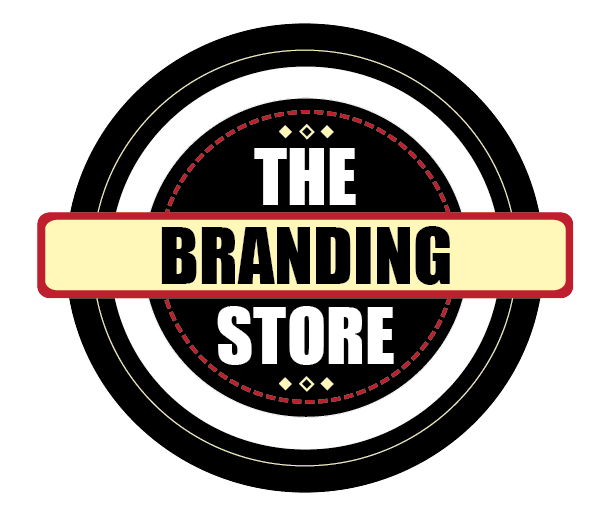
Top Tips for Using Smart Devices for Work
Few professions exist these days in which a smartphone, tablet, or laptop computer isn’t required. Folks who only a few years ago shunned the thought of swiping screens and sending text messages are now engaged in a mobile network and web activity on a daily basis. Whether you’re a carpenter, designer, doctor, lawyer, marketer, programmer or plumber, there’s a smart device in your possession used frequently, no doubt about it.
With that said, many of us use these devices without putting much thought into whether or not we’re doing it the right way. While there is no true “right” choice covering every career path, each profession, and business venture has an individual set of needs and responsibilities, of which the right combination of mobile tech variables can help make easier to accomplish.
Here are the top tips for using smart devices for work:
The Right Apps
Mobile devices, no matter how fancy and state-of-the-art, are only as good as the applications installed on them. Otherwise, it’s just a really expensive phone or email machine. Which apps are the right ones to install?
If the business depends on collaborative efforts there are a variety of team-focused apps which can be used. Additionally, there are apps suited for just about every enterprise, things like inventory trackers, tax assistants, and user-friendly mobile versions of spreadsheet software.

The Right Protection
Data security is, of course, on the table whenever we’re talking about web-enabled devices used in a business setting. Comprehensive cloud-based security for smartphones and tablets is highly recommended.
Furthermore, physical protection of the devices themselves is important. Lacking the means to access data and communicate properly, even for a day, can set a small company back. Investing in tempered glass screen protector kits for smartphones and tablets can be a business saver in the event the device is dropped or otherwise put through the ringer.
The Right Plan
It may seem like all the major service providers offer the same basic packages, but that’s from the individual plan perspective. Truth be told, when business plans are part of the deal the offers start to get a little better.
The problem is sorting which business phone plan is best for your company. It’s safe to say most tech-based enterprises are dependent on data more than minutes, but a law practice, for example, may require the opposite. Look over your past months’ usage records to get a sense of what’s needed. Check around with every carrier and don’t be afraid to play hardball. They want your business–let them earn it.
The Right Device(s)
There’s no question: not all smart devices are created equal. The less expensive ones tend to have more problems in the long run, or don’t even make it in the long run. The pricier ones are, well, pricey, but are probably going to get more mileage.
However, not every company needs a fleet of powerful tablets and smartphones in the first place. For instance, a graphic design company may want employees to have the means to capture inspiration in the field and manipulate it on the go, but aren’t concerned with word processing software and other standard apps on the usual business tablet option.
Conclusion
It’s hard to imagine a functioning business pulling it off without mobile devices. Laptops, smartphones, and tablet computers are key to rapid fire results and around the clock control of brand and business. With that said not every business needs the same set of devices and software. It depends on company goals and obligations, as well as budget. Regardless, smart devices are swiftly becoming core parts of any modern enterprise.
